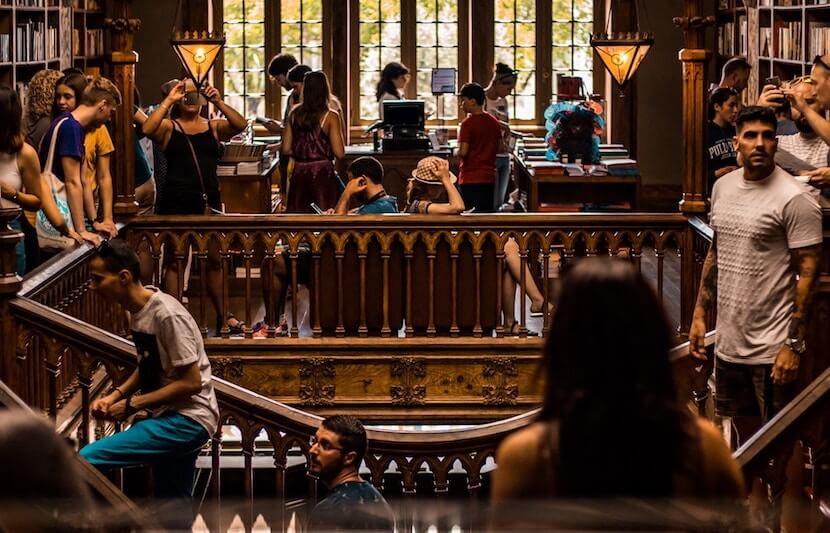When envisioning the typical college student, people may see a 20-year-old fumbling books while walking through a library, or maybe — if they have seen the movie “Animal House” too many times — they think of partygoers decked out in togas.
Who they wouldn’t picture, however, is a 30-year-old mom of two or a 28-year-old ex-marine.
But the college population is more diverse than most people assume, and non-traditional students are becoming increasingly common.
“If anything, adult students are becoming the norm on many of our campuses — especially those with online options,” Jennifer Varney, the Senior Associate Dean of Faculty at Southern New Hampshire University, said.
But that isn’t the image universities or Hollywood wants to publicize. They depict college students as young adults who are fresh out of high school — eager to learn and party.
But in reality, 18-to 21-year-olds only make up a third of the college population, and 40 percent of today’s undergrads are over 25 years old.
Sometimes, young people have aspirations to go to college, but can’t afford to enroll immediately after high school. So instead, they start working or join the military and, occasionally, start a family.
Other times, students start college when they are 18 but drop out, either because they are struggling academically, feel overwhelmed by the experience, or can’t afford to stay enrolled.
Take Anna Hedges, a junior creative media industries major at Texas Tech University, for example.
After dropping out of college after two semesters in 2012, she is back in college pursuing her degree, according to the Daily Toreador.
But this time, as an adult, she has many more responsibilities that are making the process of earning her degree more difficult.
“I don’t have time for this level of work and to also be an adult because I’m responsible for rent,” Hedges told the Daily Toreador. “I have a serious relationship that requires time and attention. I also have my own interests as an adult that have developed over this time that wasn’t school that I have to pursue.”
Like Hedges, many non-traditional students face the challenge of mixing college with work, family and other obligations.
Advisers responsible for guiding students through college also have to recognize these barriers.
“We cannot expect students to put school ahead of family, work and even some other obligations, so we need to help them figure out how it can fit into their lives in a way that is sustainable,” Varney said.
Additionally, because non-traditional students spend significant time away from academia, they often have a hard time adjusting to school.
“Some learners may have had negative experiences in high school and bring that with them to higher education pursuits, while others may not have written a paper in many years and not heard of APA formatting,” Varney said. “It may take students some time to bring themselves back into the mindset of being in school.”
For non-traditional students to feel comfortable in college, they need support from their peers and their school.
“There is a lot of research regarding the value of peer-to-peer learning and peer mentoring and tutoring,” Varney said. “Students may be intimidated to ask instructors for help or share their questions in front of the entire class, and working with a peer is often a position of less vulnerability.”
Colleges and universities can encourage this much-needed peer support by providing students with opportunities to engage with their fellow students, either in person or virtually, Varney explained.
“Another thing that institutions can do to support their adult learners is to keep in mind that they arrive having many other priorities and build flexibility into the ‘system’ wherever possible,” she said.



